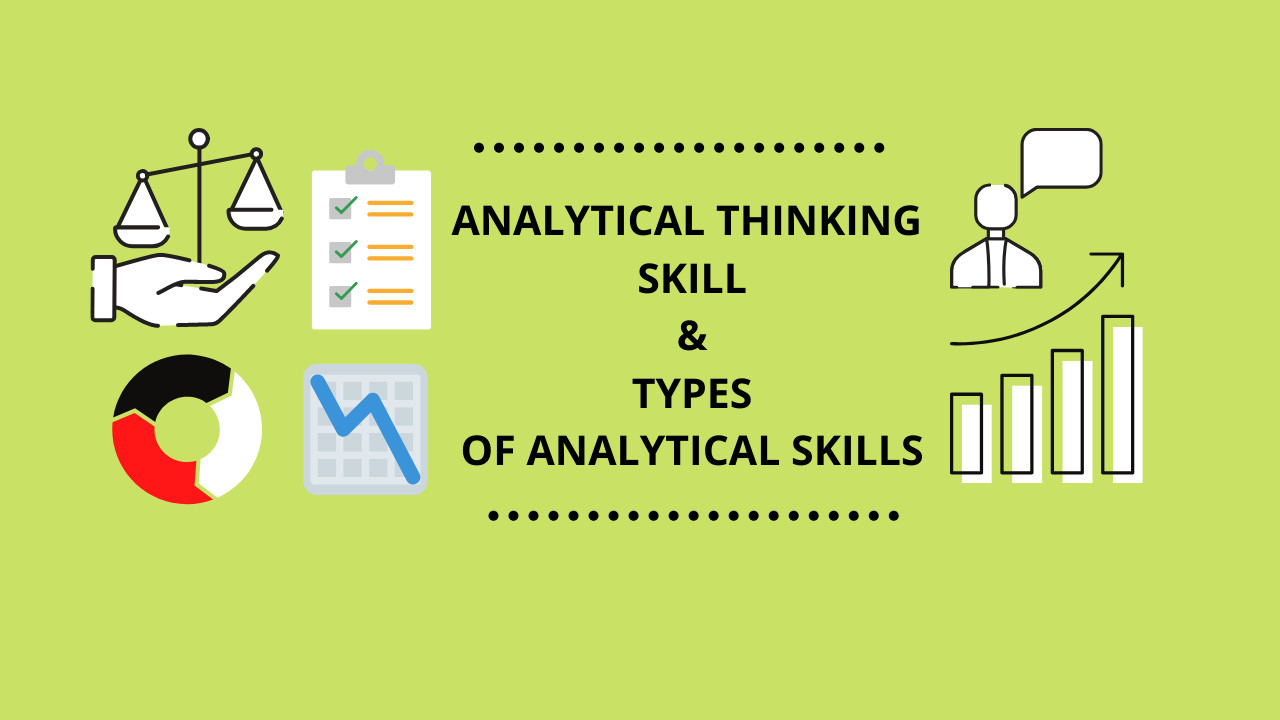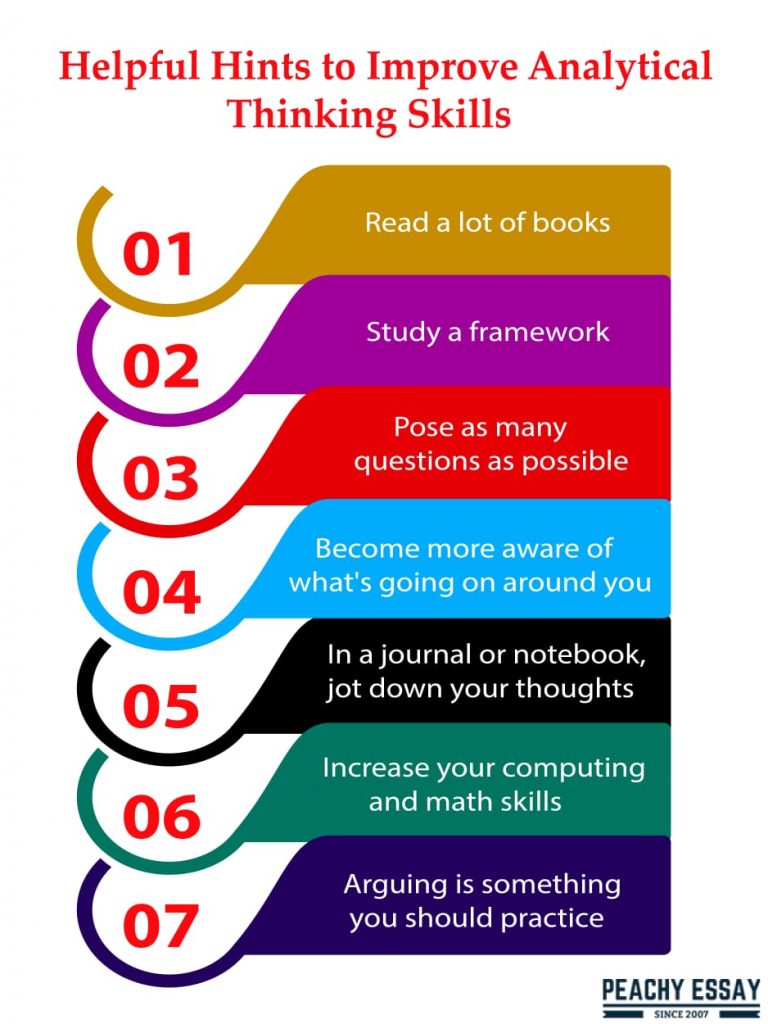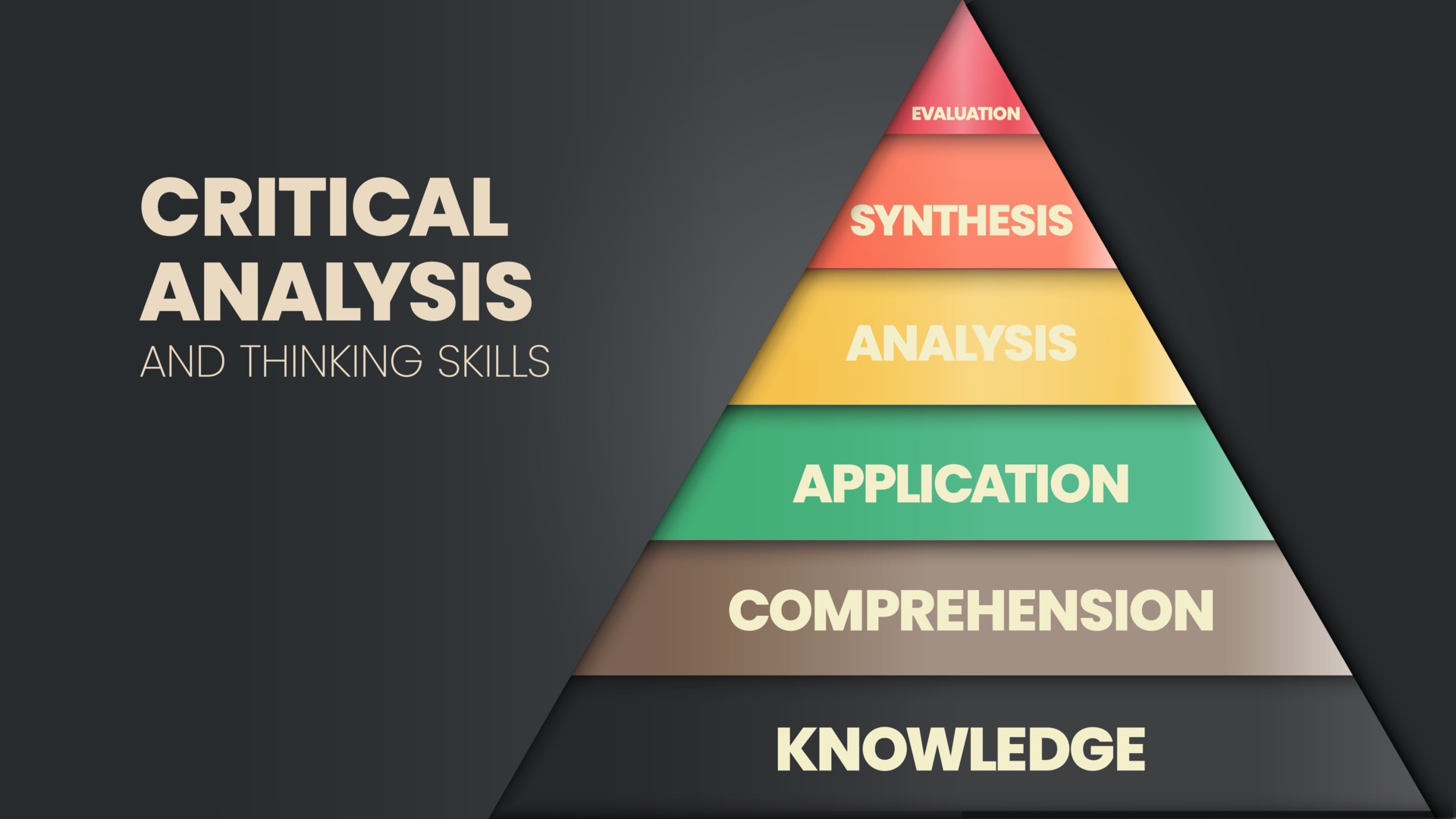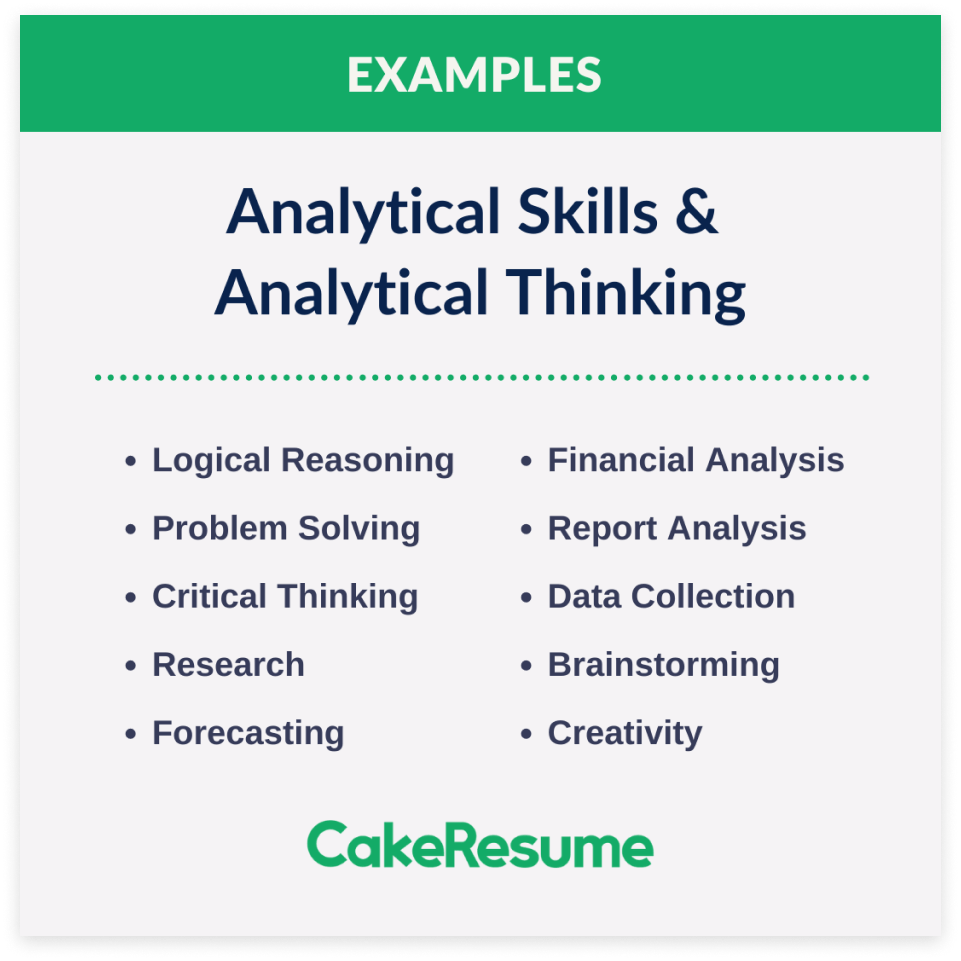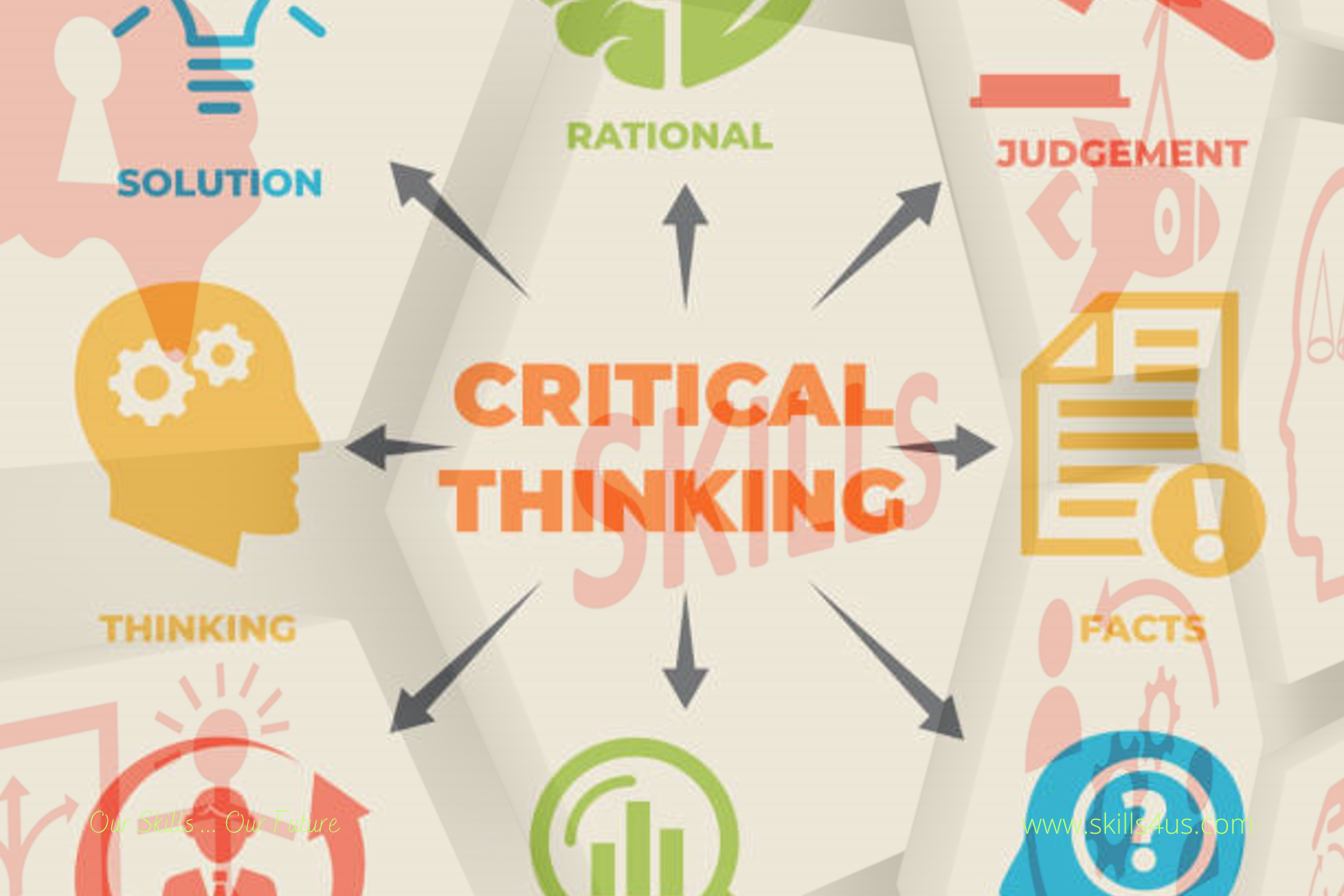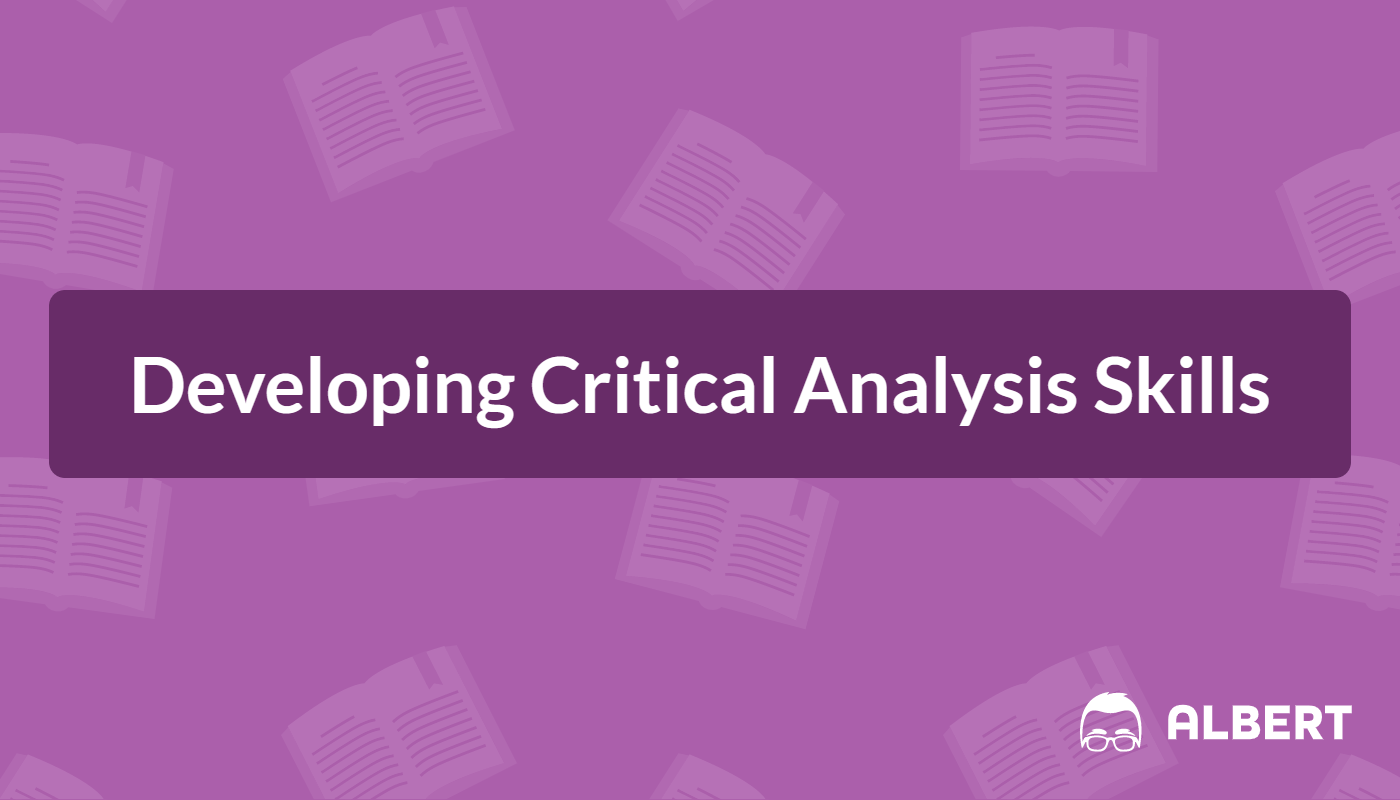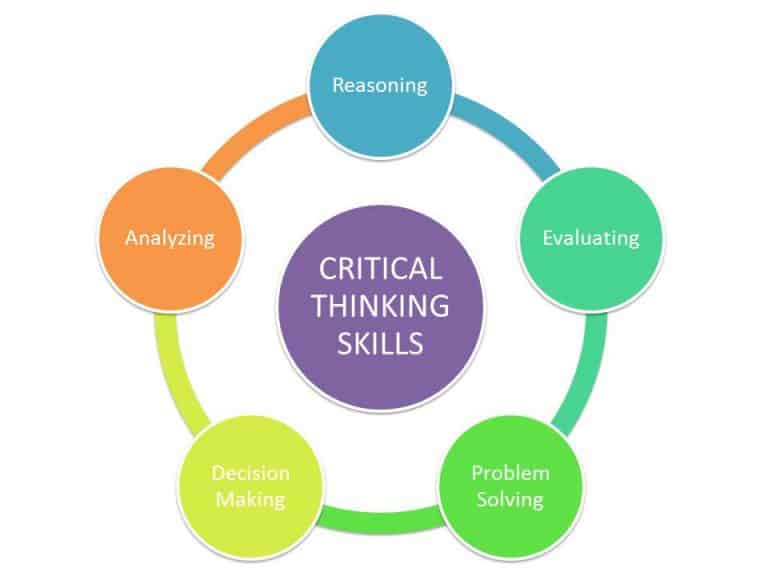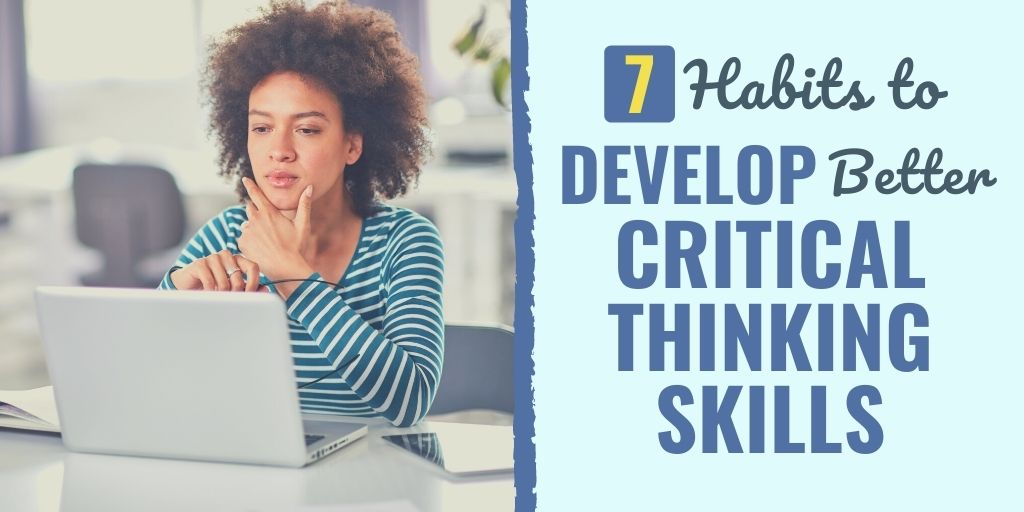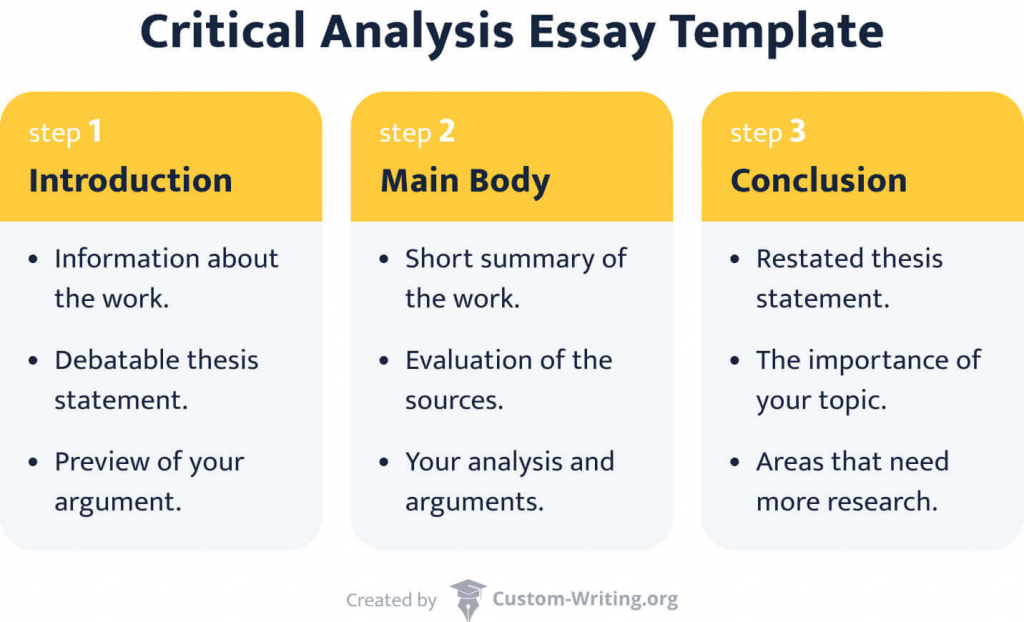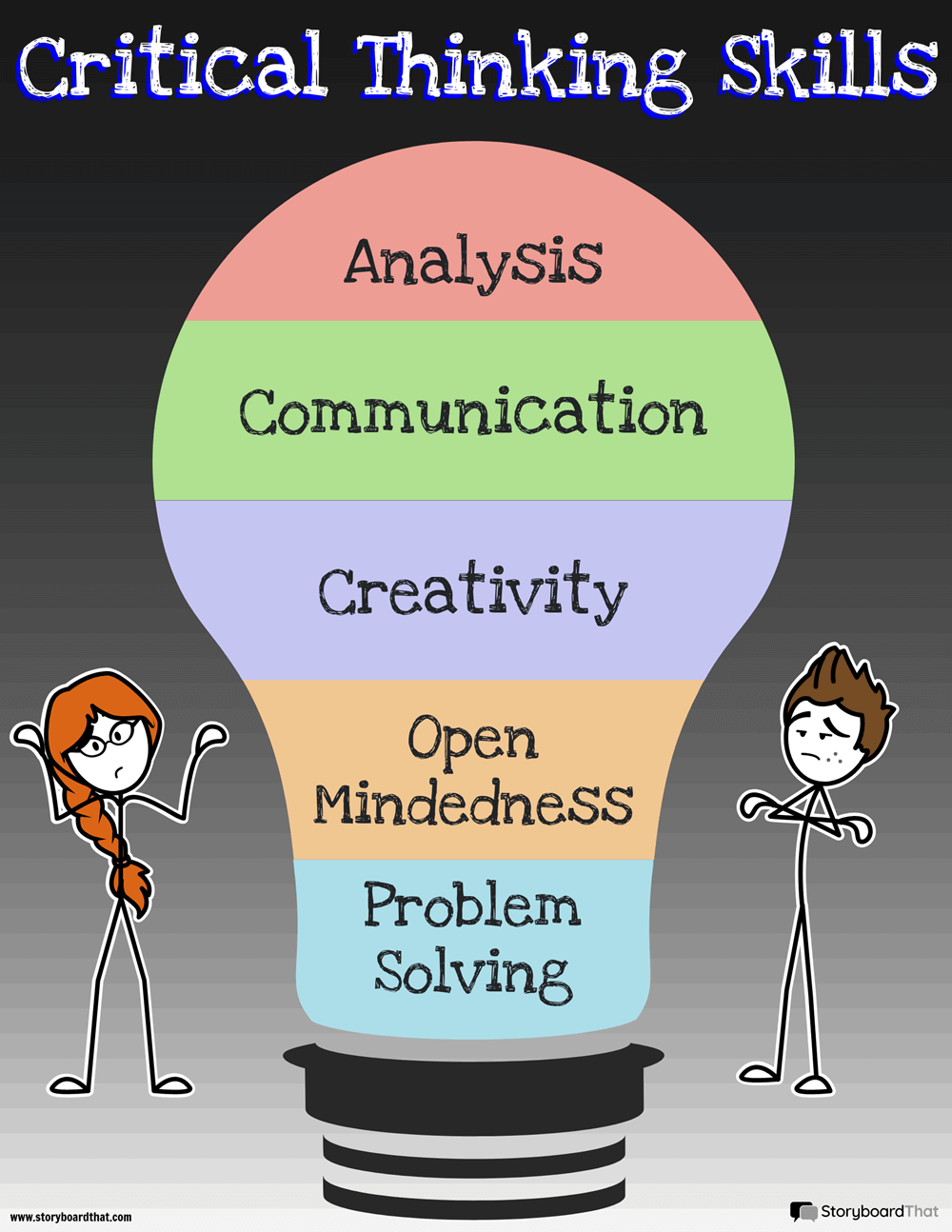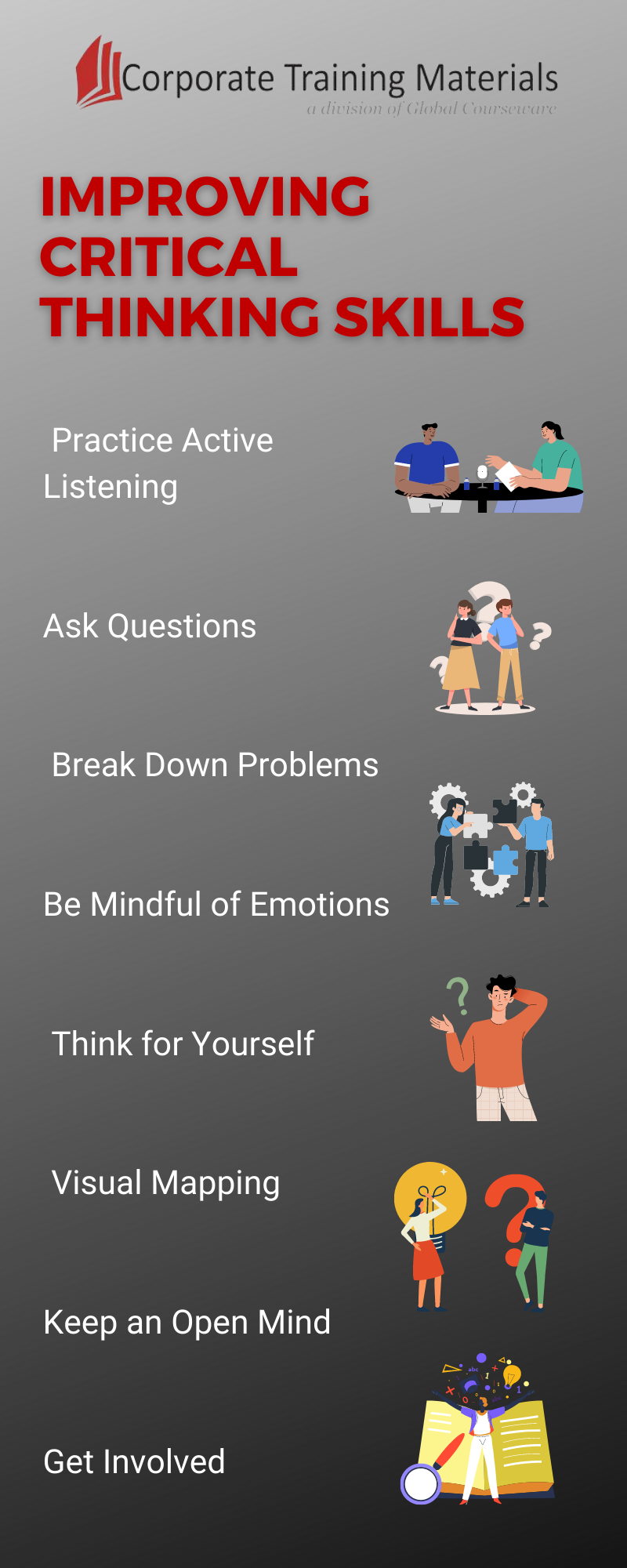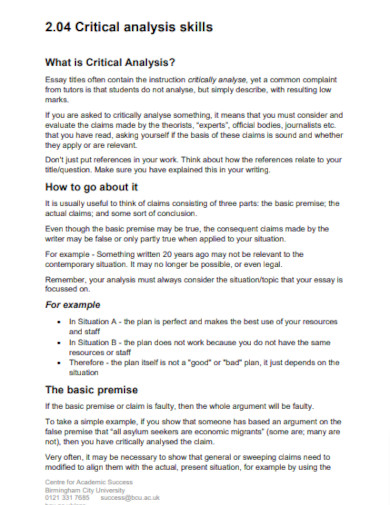How To Improve Critical Analysis Skills
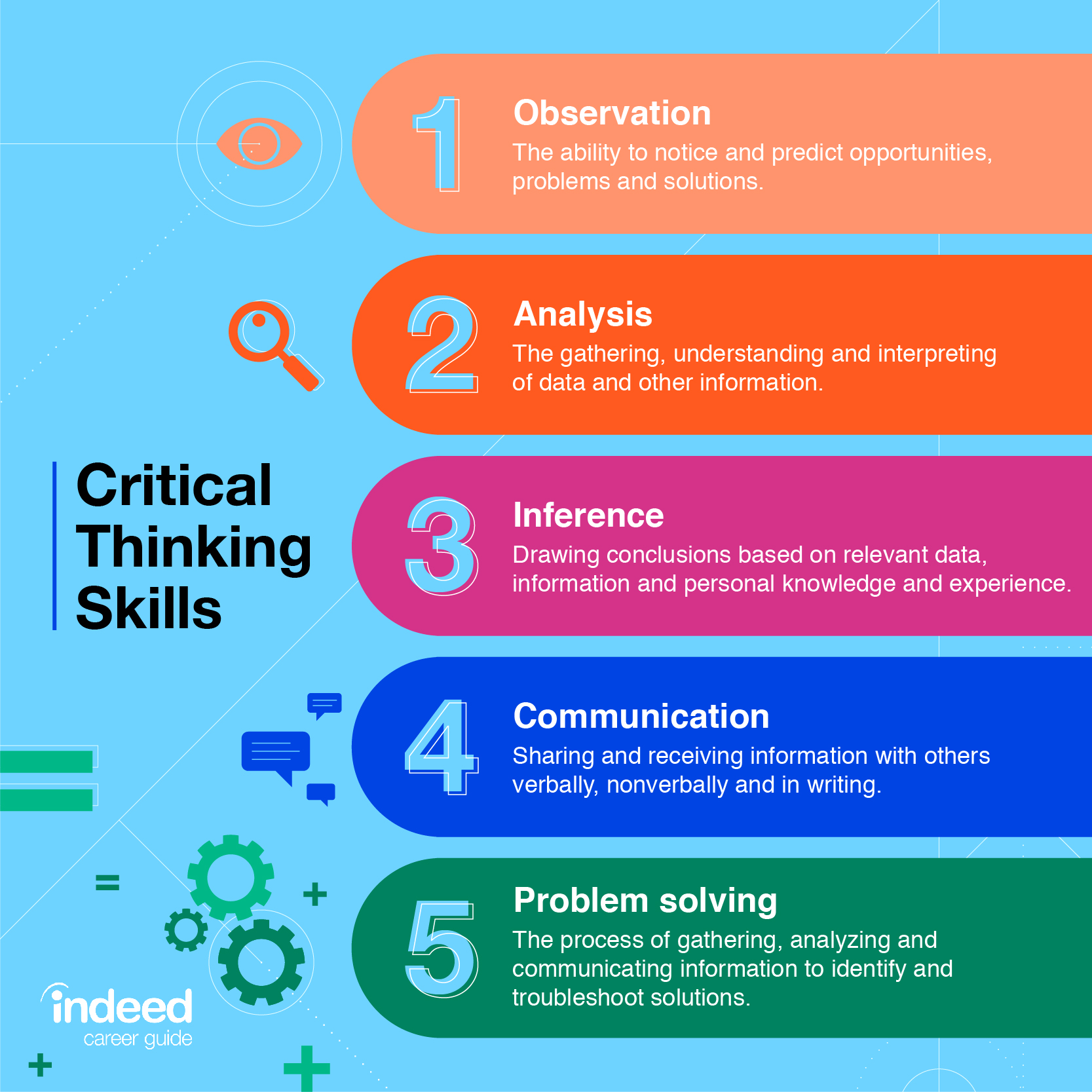
Critical analysis skills are no longer optional; they're essential for navigating today's information deluge. Sharpening these skills empowers individuals to make informed decisions, solve complex problems, and contribute meaningfully to discussions, both personally and professionally.
Understanding Critical Analysis
Critical analysis involves objectively evaluating information to form a reasoned judgment. It's not about criticizing, but rather about assessing evidence, identifying biases, and constructing logical arguments.
This ability is crucial in a world saturated with misinformation and conflicting viewpoints, enabling people to discern truth from falsehood.
Key Components of Critical Analysis
Several core components contribute to effective critical analysis.
First, strong observation skills are vital for noticing details and nuances.
Secondly, analytical reasoning allows you to break down complex information into smaller, manageable parts. Thirdly, evaluation requires assessing the validity and reliability of sources.
Finally, interpretation involves drawing meaningful conclusions from the analyzed information.
Practical Techniques to Enhance Critical Analysis
Improving critical analysis skills requires deliberate practice and the adoption of specific techniques.
Start by questioning everything. Don't accept information at face value; instead, ask "Why?" and "How?" to uncover underlying assumptions and potential biases.
Actively seek out diverse perspectives on any given issue.
This broadens your understanding and helps you identify potential blind spots in your own thinking.
Practice active reading by engaging with texts critically. Highlight key arguments, summarize main points, and note any areas of disagreement or ambiguity.
Engage in debates and discussions, but always with a focus on respectful and reasoned argumentation.
Consider enrolling in courses or workshops that specifically focus on critical thinking and analytical skills.
Tools and Resources for Skill Development
Numerous resources can assist in the development of critical analysis skills.
Online platforms like Coursera and edX offer courses in logic, reasoning, and critical thinking. Books such as "Critical Thinking: A Concise Guide" by Tracy Bowell and Gary Kemp are also valuable resources.
Consider utilizing mind mapping software to visually organize information and identify connections between ideas.
Furthermore, engaging with reputable news sources and fact-checking websites can help you stay informed and sharpen your ability to evaluate information critically.
The Impact of Improved Critical Analysis
The benefits of enhanced critical analysis skills extend far beyond academic or professional settings.
Individuals with strong critical thinking abilities are better equipped to make informed decisions about their health, finances, and relationships.
They are also more likely to be engaged and responsible citizens, capable of contributing meaningfully to public discourse and civic life.
Improved critical analysis fosters better communication, problem-solving, and decision-making abilities, crucial for personal and professional success in the information age.
Start today by challenging your own assumptions and actively seeking out different viewpoints. Continuously practice and refine your skills, and you will see a significant improvement in your ability to analyze information critically. Remember: a more informed you is a more empowered you.
Ongoing research and development in educational strategies promise even more effective methods for cultivating critical analysis skills in the future, so stay informed and embrace lifelong learning.
